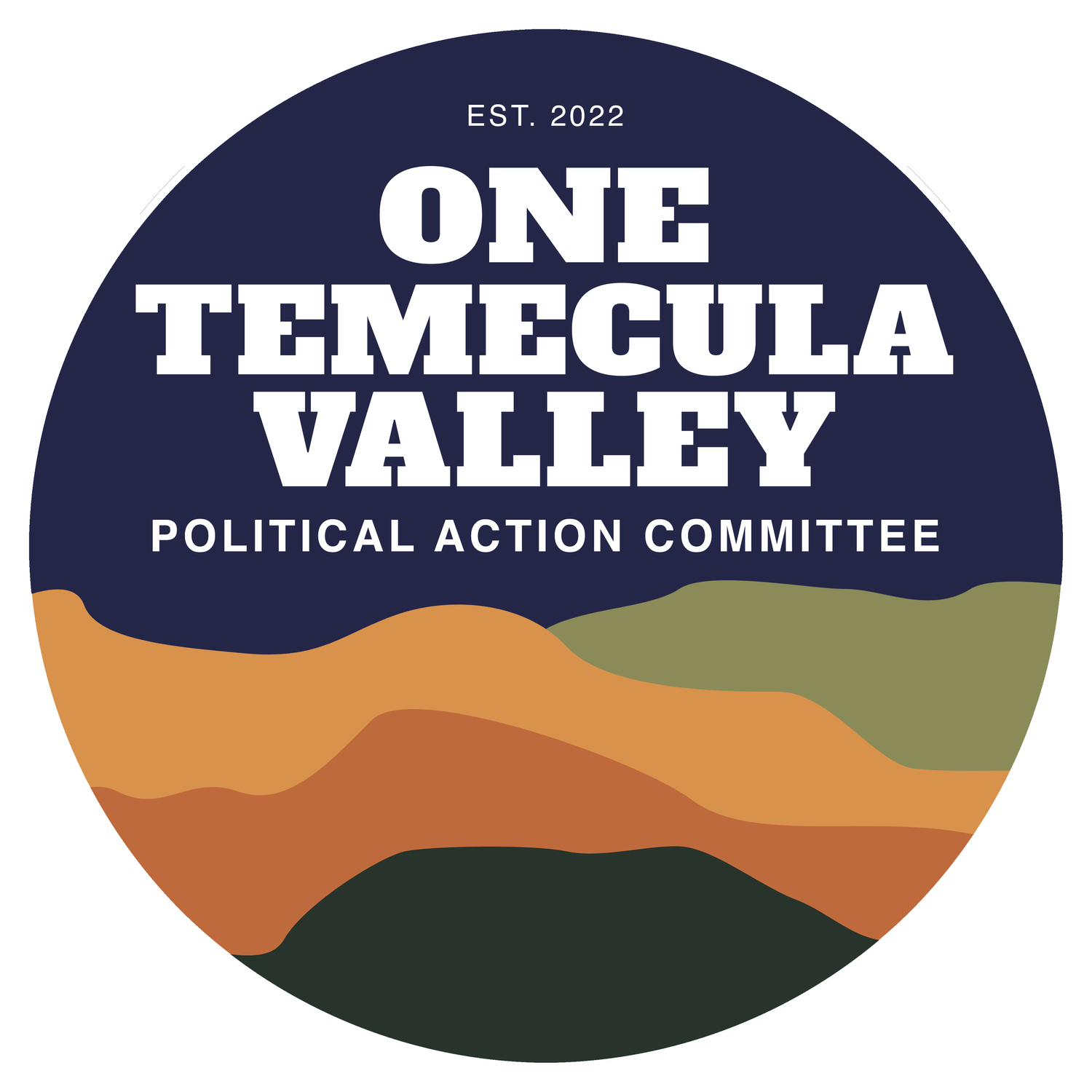The Vital Role of Organizing in Advancing Local Causes
AI-assisted content
Organizing is the heartbeat of change in communities, the force that transforms individual concerns into collective action. While large-scale movements often capture headlines, it is at the local level where organizing has the most immediate and tangible impact. For those advocating for better schools, safer neighborhoods, environmental protections, or equitable housing, organizing is not just a tool—it is a necessity. It creates the structure, momentum, and unity needed to turn aspirations into reality.
At its core, organizing brings people together. Local causes often begin with individuals or small groups recognizing an issue and deciding to act. However, one voice can only go so far. Organizing amplifies that voice, rallying others who share the same concerns. Through meetings, outreach, and shared planning, individuals find a community of like-minded people who not only validate their concerns but also multiply their impact. This collective strength is crucial in drawing attention to local issues that might otherwise be overlooked.
Effective organizing also ensures that local causes are strategic rather than reactionary. It is easy to feel overwhelmed or aimless when addressing a significant problem, but organizing channels that energy into focused efforts. By identifying goals, crafting action plans, and assigning responsibilities, organizers provide a roadmap for change. This strategic approach not only increases the likelihood of success but also makes the movement sustainable over time.
Another key benefit of organizing is its ability to educate and mobilize the community. Many people care deeply about local issues but lack the information or confidence to get involved. Organizing bridges this gap by raising awareness, providing education on the issues, and offering clear avenues for participation. Whether through petitions, public meetings, rallies, or social media campaigns, organizers empower people to take meaningful action. In doing so, they turn passive concern into active engagement.
Organizing is also vital for building relationships with key stakeholders. Local causes often require collaboration with elected officials, business leaders, or other influential figures. A well-organized movement has the credibility and structure to engage with these stakeholders effectively, presenting clear demands and demonstrating widespread community support. These relationships are critical for turning advocacy into policy or practical change.
Importantly, organizing fosters resilience. Local causes are rarely resolved overnight, and setbacks are inevitable. Movements that lack organization often falter when faced with challenges, while those that are well-structured and unified can adapt and persevere. By creating a strong foundation of leadership, communication, and shared purpose, organizing ensures that the movement can weather difficulties and maintain momentum.
Organizing also democratizes power. Local causes are often driven by marginalized or underrepresented communities who lack access to traditional channels of influence. By organizing, these groups can build their own platforms, elevate their voices, and demand a seat at the table. It is through organizing that communities reclaim agency, challenge inequities, and push for systems that reflect their needs and values.
Finally, organizing creates a sense of ownership and pride within the community. When people come together to address a local cause, they not only improve their surroundings but also deepen their connection to the place they call home. This collective effort strengthens bonds between neighbors, fosters mutual support, and builds a culture of civic engagement that extends beyond any single issue.
Local causes are the bedrock of societal progress. They are where people have the power to create real, lasting change in their own backyards. But no matter how pressing the issue or passionate the individuals involved, success requires organizing. It is the glue that holds movements together, the engine that drives them forward, and the shield that protects them from adversity. Organizing turns ideas into action, action into change, and change into a better future for all. Without it, even the most vital causes risk being lost in the noise of everyday life. With it, communities have the power to transform themselves, one step at a time.


